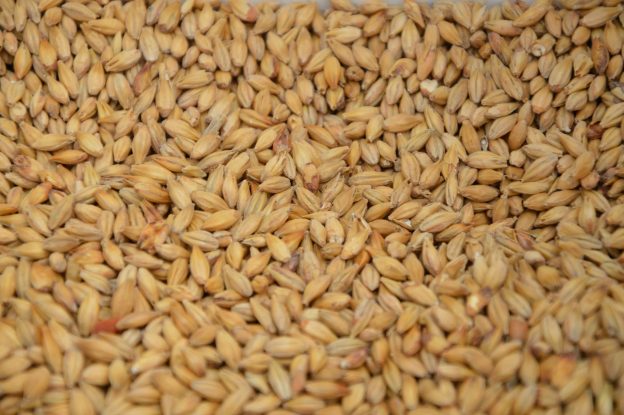A little bit more petty treason trivia In this case from a gaol delivery roll for a delivery at Warwick, Wednesday 20th February, 1381, and subsequent proceedings…
The entry tells us that John Basset of Huntingdonshire had come before the sheriff of Warwickshire and one of the coroners, on Wednesday 6th February, 1381, and confessed, with details, to relatively small scale theft. and to being ‘a common thief’. He turned approver – accusing others of offences, in order to try and save his own skin – and appealed John Wright of having been involved, with him, in attacking and killing one Ralph, miller of ‘Hulle Mulle’[i], on Saturday 20th February, 1378. He also appealed Juliana, Ralph’s wife, of consenting to this killing. John Wright and Juliana were therefore arrested. All three were brought before the court, by the gaoler. John Basset repeated his appeal. John Wright pleaded not guilty and declared himself ready to defend himself by his body, as was usual in approver appeal cases. Battle was to be at Warwick, Monday 22nd July, 1381. In the interim, both men were sent back to gaol.
Juliana also pleaded not guilty, but battle was not seen as a fit form of trial for women, so jury trial was agreed to there. Jurors were summoned for the same day as the battle. Juliana, too, was sent back to prison until then. It did not in fact go on on the day in question, for technical reasons, but it is noted that, on Monday 21st July, 1382, the two Johns were brought to court by the gaoler, all ready for the fight. They fought, and John Wright won. The approver, John Basset, was therefore hanged,[ii] and John Wright acquitted. Juliana was also acquitted (without jury trial) de accessorio.
This confirms, rather neatly, that, despite being later called ‘petty treason’. and being, from the mid-14th C, called ‘a sort of treason’, the allegation that a wife had killed her husband was treated more like a ‘regular homicide’ than treason, in so far as the non-principal was concerned. In treason, we would expect each person to be treated more or less separately – at least as far as the law was concerned. In homicide, though, a difference was made between the killer and those who assisted in some way, or agreed to the deed. Clearly, this is the way Juliana’s alleged offence was treated – as dependent upon that of John Wright – so that, when he was acquitted, she had to be, too.
It does add a bit of a footnote to my thinking on petty treason, in the context of approver appeals, and joint participation petty treasons. When women are accused of involvement in the killing of their husbands, it is quite often as accessory rather than principal, and such accusations, depending, as they did, on actions which might be read in different ways, or even just on ‘consent’, were relatively ‘easy to make’, at least the woman accused in this way by an approver would be acquitted if the ‘principal’ could beat the approver in battle. If the ‘principal’ was a strapping chap, that might feel like a bit of a better bet than trusting the case to the decision of a jury – the process in regular indictments. For a woman wanting to ‘bump off’ her husband, it might be quite a good strategy to work with a pair of assassins, one beefy and the other scrawny, to ensure that the scrawny one was caught, and rely on him turning approver against the beefy one, losing, and then logic dictating that you would be off the hook, if the principal ‘walked’.
No doubt I read too many twisty mysteries and detective novels and should get out more.
GS
23/3/2022.
[i] Feels as if it should be ‘Mill Hill’, but I am not wholly confident. Said to be near Castle Ashby, anyway.
[ii] We might wonder whether John Basset in fact made a very serious error here – he admitted involvement in a homicide, which put him at risk of execution, when it is not clear he needed to do so, since, if there was such a homicide, it seems to have been a bit of a ‘cold case’. And the value of his admitted thefts was not huge …
Image – some grain. Such as might be milled. Yes, a bit desperate/lazy, but nice picture, with, for me, suggestions of the fine ‘death by grain’ scene in the film Witness, Photo by Lutz Wernitz on Unsplash
